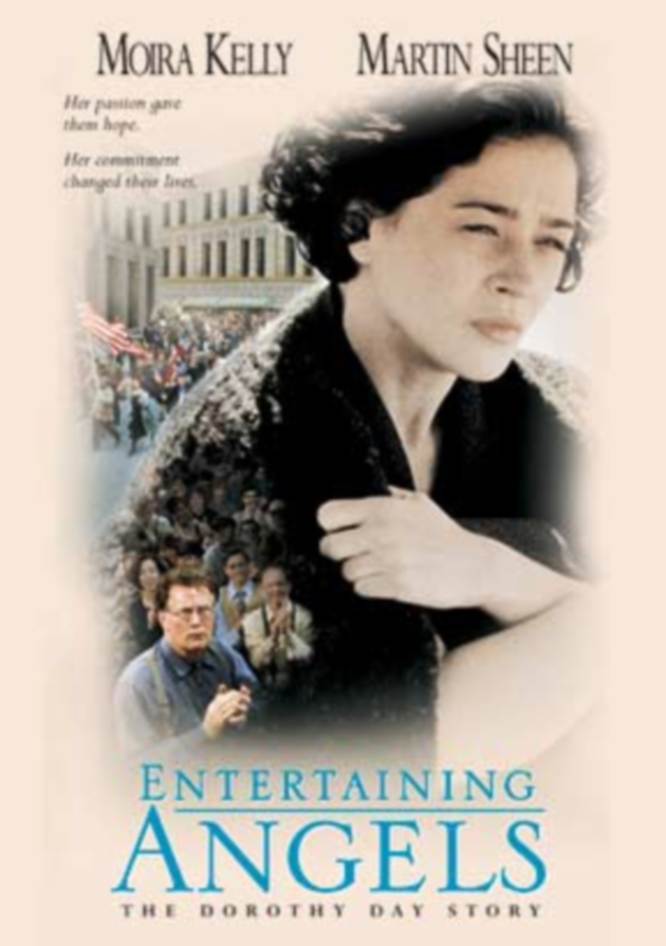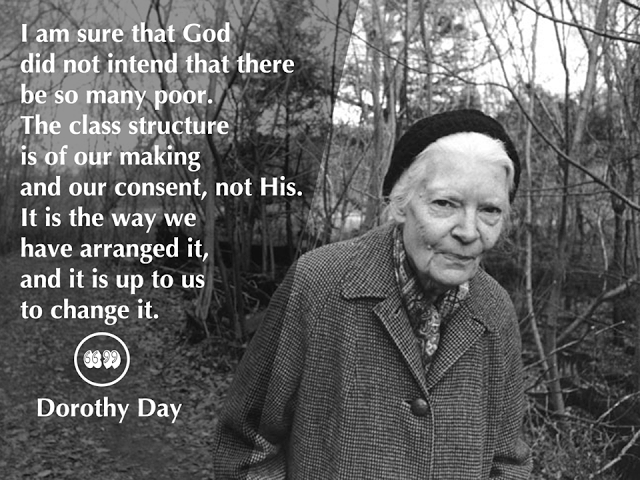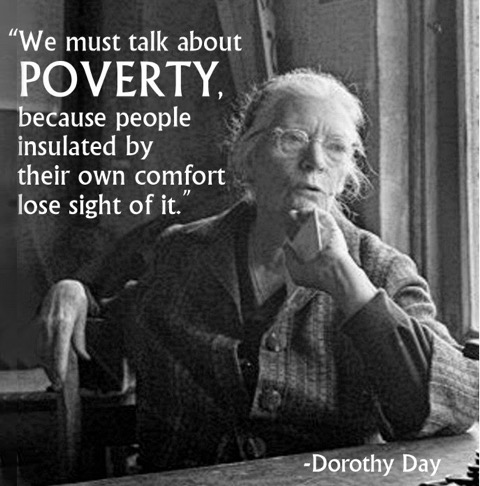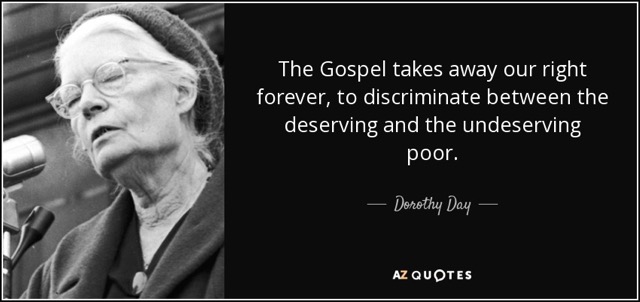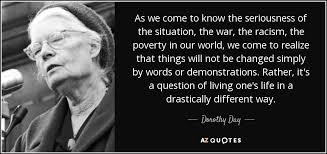Still More Books About Extraordinary Women
These reviews include two famous women explorers, a godly pastor’s wife who wrote a very famous hymn, a champion of the poor, and a missionary to western Africa. It is marvelous how many ways God uses women to take the Gospel to the lost. I hope you will get these books. You will be inspired and blessed!
— Soskice, Janet, The Sisters of Sinai: How Two Lady Adventurers Discovered the Hidden Gospels, (Vintage Books: A Division of Random House, New York, 2010).
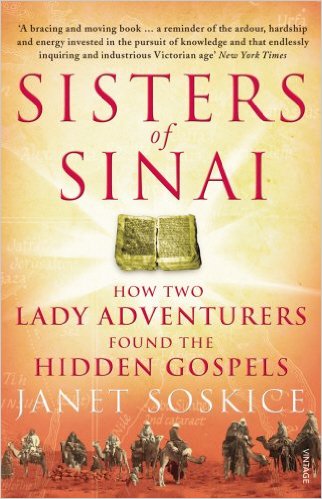 During the nineteenth century the Bible came under attack by liberal scholars influenced by the so-called “higher criticism”. Critics not only doubted the dates of the Gospels but they doubted the integrity of the text itself.
During the nineteenth century the Bible came under attack by liberal scholars influenced by the so-called “higher criticism”. Critics not only doubted the dates of the Gospels but they doubted the integrity of the text itself.
Faithful Christians never doubted that the Word of God was given by the Holy Spirit and that the Scriptures had been protected by God down through the centuries. They longed to counter the claims of the liberals but there were very few ancient copies of the Scriptures to authenticate their claim that the Bible indeed was written by Paul and other men of God during the first century.
But God has continually protected His Word and in His providence directed the finding of evidence of its veracity. Twin sisters – Margaret Smith Gibson and Agnes Smith Lewis – came across one of the earliest known copies of the four Gospels in a secluded monastery in the Sinai Peninsula.
Janet Soskice tells the story of these remarkable twin sisters in a very engaging manner. Not only is this a great adventure story, but Janet Soskice gives all of the background to the machinations and intrigues of those scholars who hunted for ancient manuscripts. Cambridge University wanted to downplay any credit to the Smith twins, simply because they were women. God chooses whom He will to serve Him and these sisters gave a great gift to the world. You will have a hard time putting this book down.
— James, Sharon, Elizabeth Prentiss: ‘More Love to Thee’, (The Banner of Truth Trust, Carlisle, PA, 2006).
Many people are familiar with the hymn “More Love to Thee”. Not many know that it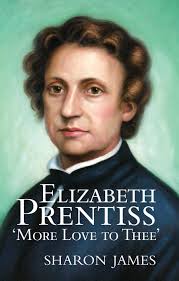 was written by a very godly Christian woman after the nearly fatal illness of her daughter. Elizabeth had suffered many tragedies in her life but always remained faithful to Christ.
was written by a very godly Christian woman after the nearly fatal illness of her daughter. Elizabeth had suffered many tragedies in her life but always remained faithful to Christ.
More love to Thee, O Christ, more love to Thee!
Hear Thou the prayer I make on bended knee;
This is my earnest plea,
More love, O Christ, to Thee,
More love to Thee, more love to Thee!
In this wonderful biography of Elizabeth Prentiss Sharon James relates the story of this virtuous pastor’s wife in a way that will bless you as you seek to grow in your love for God. For over one hundred and forty years Christians have been given hope by the words of Elizabeth Prentiss through her hymns and her writings. She truly lived for Christ and has inspired many to do the same.
— Prentiss, Elizabeth, Stepping Heavenward, (The Bible People, USA, 2014).
 Elizabeth Prentiss wrote many books and poetry. Her children’s stories were very popular in the mid nineteenth century. “Stepping Heavenward” is one of the books that remains popular today. Elizabeth’s hymn, “More Love to Thee” expressed all that she wanted for her life. That message is timeless and many Christian women have been drawn closer to God while reading this book.
Elizabeth Prentiss wrote many books and poetry. Her children’s stories were very popular in the mid nineteenth century. “Stepping Heavenward” is one of the books that remains popular today. Elizabeth’s hymn, “More Love to Thee” expressed all that she wanted for her life. That message is timeless and many Christian women have been drawn closer to God while reading this book.
Published in 1869, within thirty years more than 200,000 copies were sold. “Stepping Heavenward” relates the theme of the centrality of our love for God in the form of a story. It appears as a diary of a woman who gives the day to day events of her life as she prepares for eternal life with God.
There are many editions of “Stepping Heavenward”. The one referenced above also contains study questions that may be used by women’s Bible studies.
— Kent, Deborah, Dorothy Day: Friend to the Forgotten, (Wm. B. Eerdmans Publishing Co., Grand Rapids, 1996).
Deborah Kent presents this story beginning with Dorothy’s early memories of her 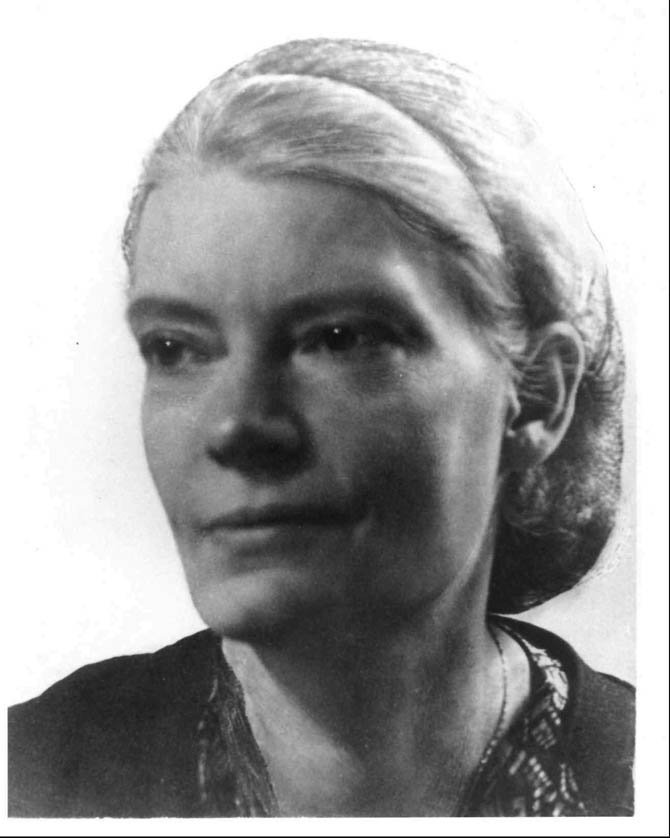 mother’s aid to the destitute and homeless after the great San Francisco earthquake and fire of 1906, through the devastation of the depression, the aftermath of World War II, and the demonstrations for worker’s rights in the 1970’s, and many other causes.
mother’s aid to the destitute and homeless after the great San Francisco earthquake and fire of 1906, through the devastation of the depression, the aftermath of World War II, and the demonstrations for worker’s rights in the 1970’s, and many other causes.
Dorothy Day’s life was one of service to others for over four decades. She is well known as the leader of the Catholic Worker Movement. She was committed to social justice because of her love for Christ. Her Bible was her main solace.
Dorothy believed that the best way to get people to behave well was to set the example of Christian living. This she did until her death. Many people today are following in her path of caring for the poor with food, shelter, and love.
This edition of the biography of Dorothy Day is part of a series written for young people entitled, “Women of Spirit”. Most of these volumes seem to be out of print but if you can find them it will be rewarding. They tell the stories of women who made great contributions to society while highlighting their faith.
If you cannot find this edition, get any good book on Dorothy Day because her example of how to truly “walk the walk” and not just “talk the talk” is what made her so endearing to those around her.
— Lutz, Lorry, When God Says Go: The Amazing Journey of a Slave’s Daughter (Discovery House Publishers, Grand Rapids, 2002).
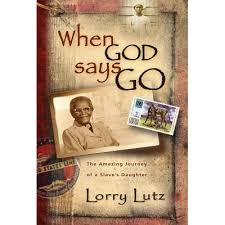 Growing up a “poor little black girl” in Texas, Eliza Davis George learned about Jesus and then chose to serve Him by taking the Gospel to her ancestors in western Africa. She served in Liberia and lived to the remarkable old age of 100. Many hundreds of Liberians called her “Mother Eliza” as she rescued girls from forced marriages to old men and provided education for tribal peoples.
Growing up a “poor little black girl” in Texas, Eliza Davis George learned about Jesus and then chose to serve Him by taking the Gospel to her ancestors in western Africa. She served in Liberia and lived to the remarkable old age of 100. Many hundreds of Liberians called her “Mother Eliza” as she rescued girls from forced marriages to old men and provided education for tribal peoples.
When the official leaders would not support her mission, she raised the funds herself. 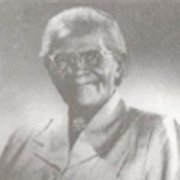 She went to Africa with very little money but she knew God had called her and she went trusting in Him to care for her. When she returned to the States she raised money for Africa.
She went to Africa with very little money but she knew God had called her and she went trusting in Him to care for her. When she returned to the States she raised money for Africa.
This feisty little woman will want to make you cheer as you read how she overcame so many obstacles to love people with the love of Jesus.
Lorry Lutz’s book reads like a novel and you will really enjoy it! You will be so blessed by this indomitable woman – one that I truly cannot wait to talk to when I get to Heaven!
